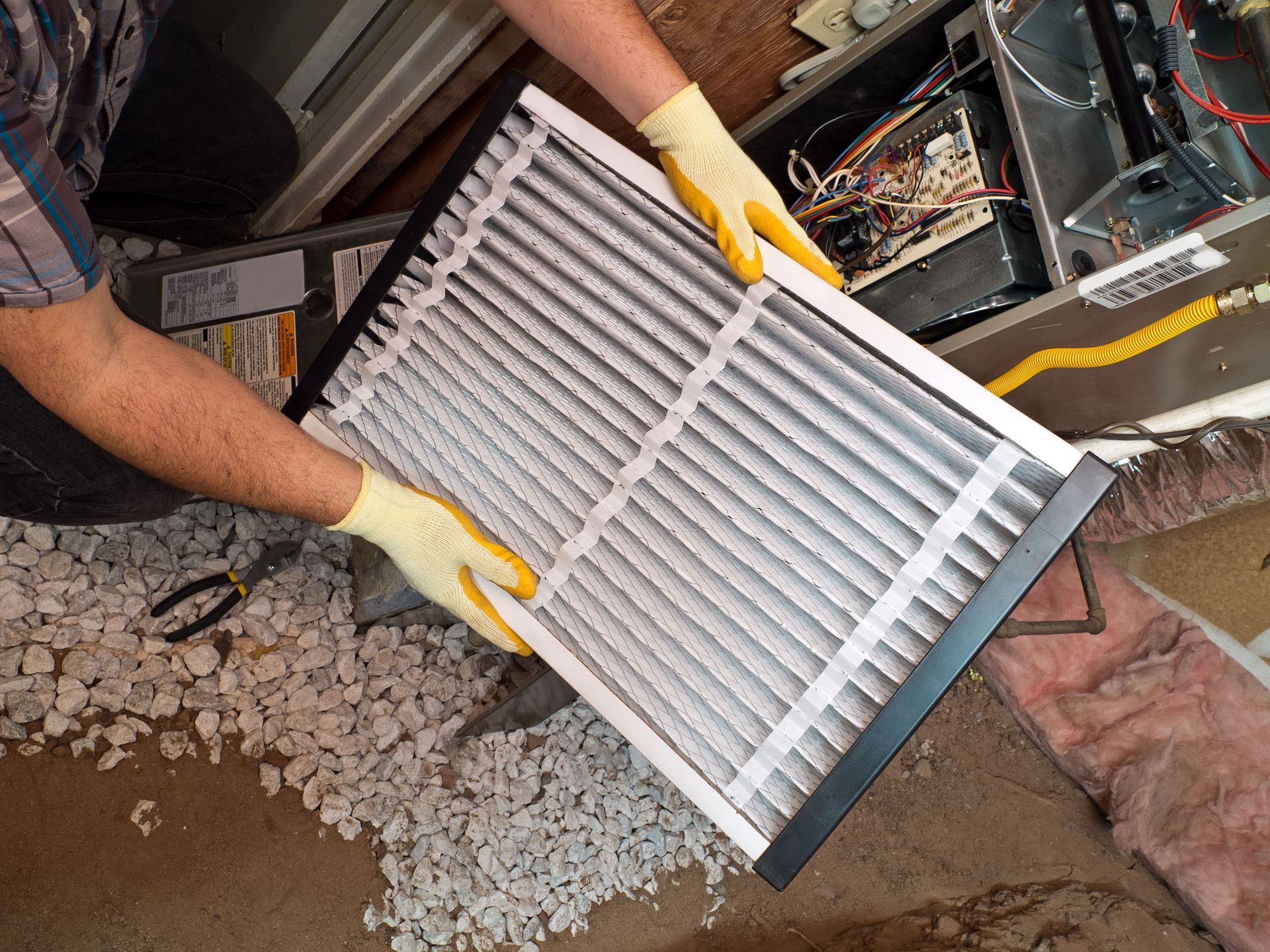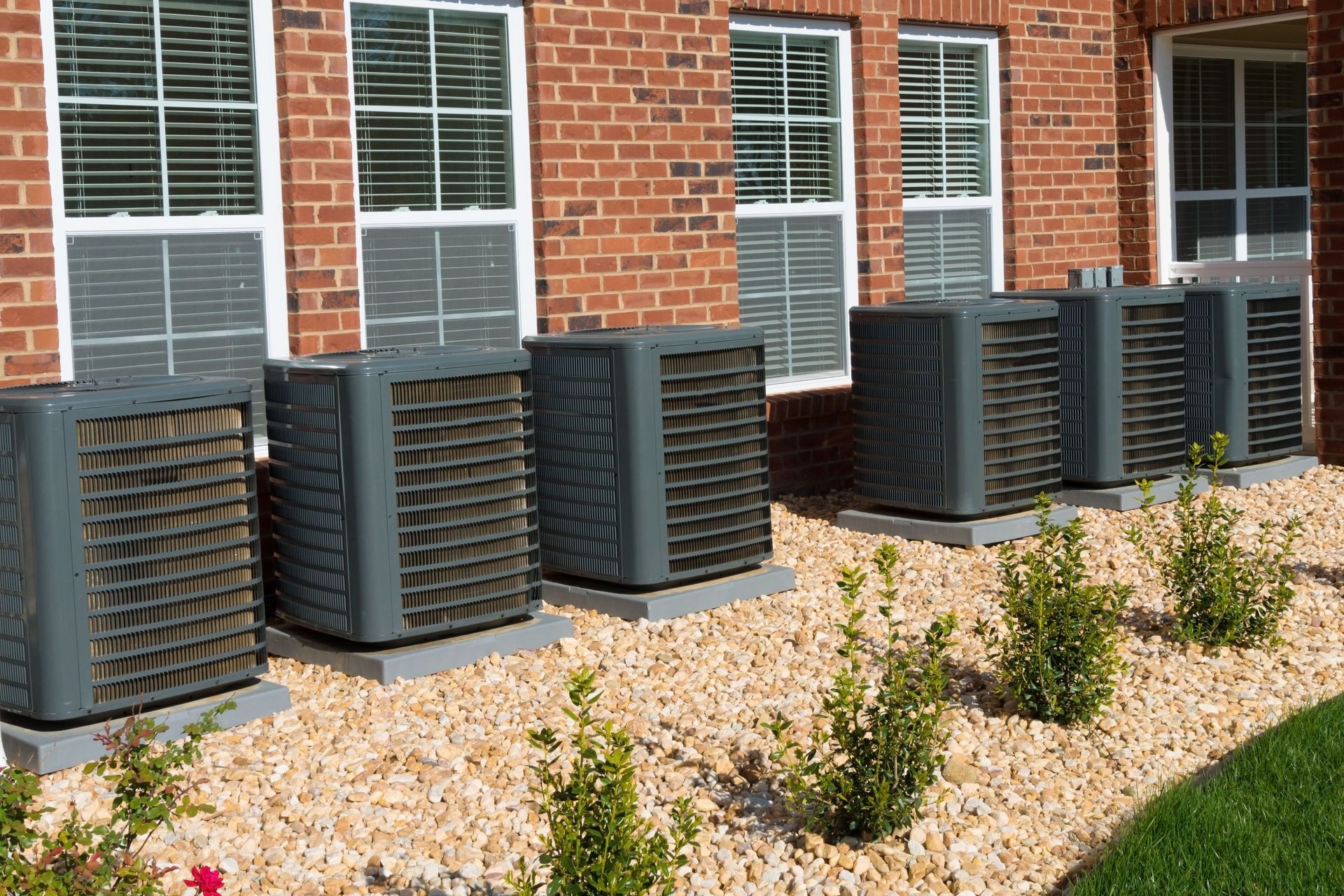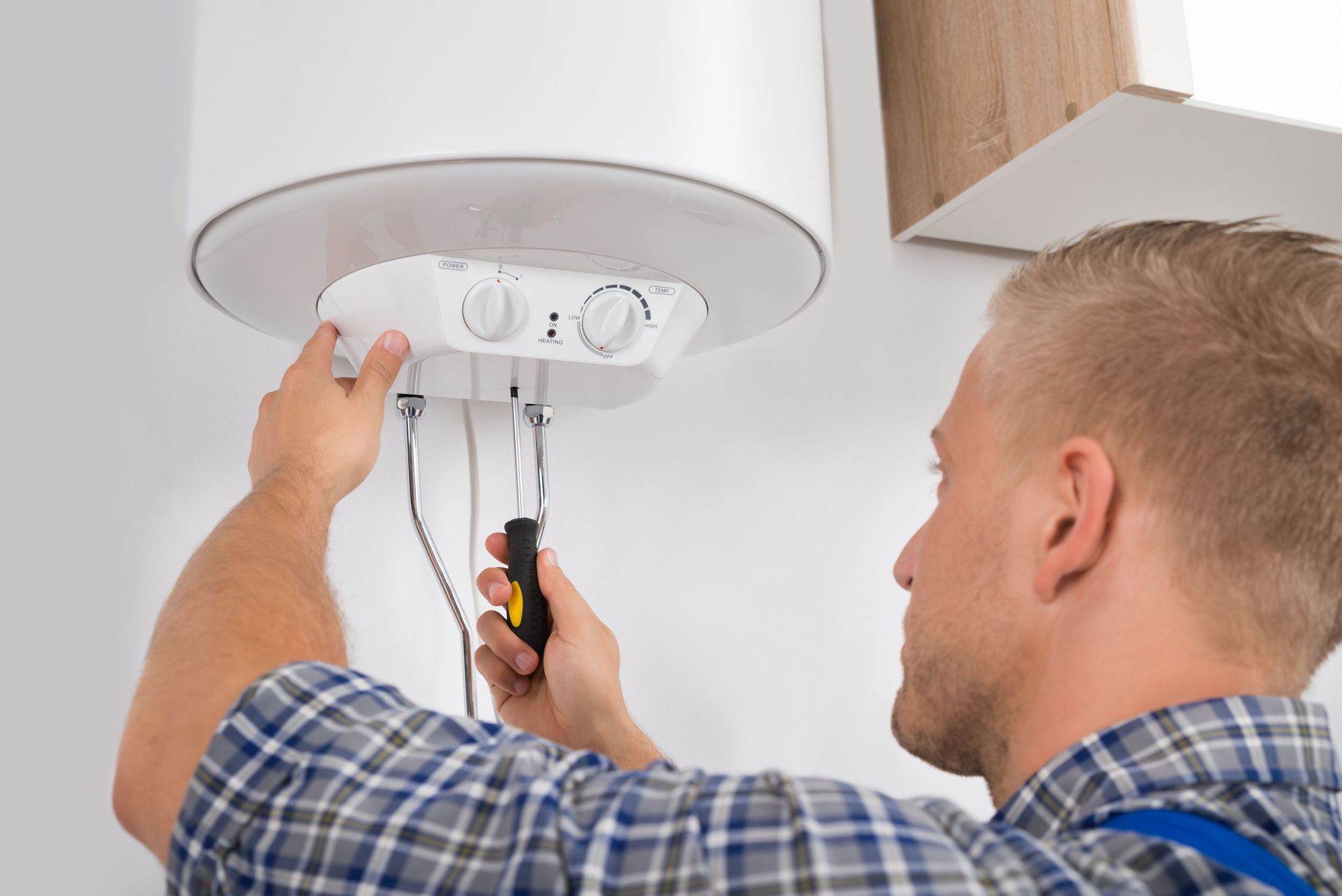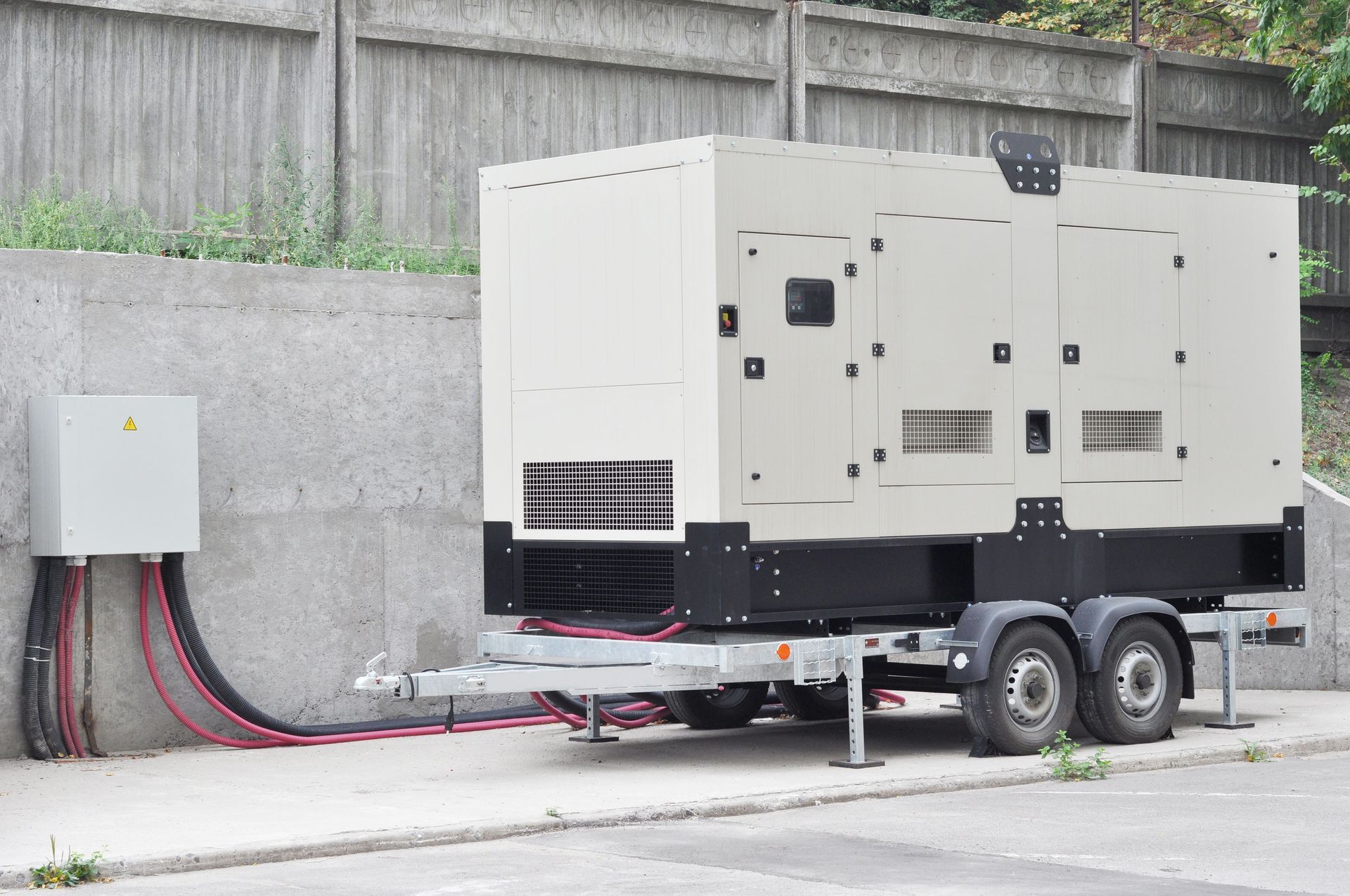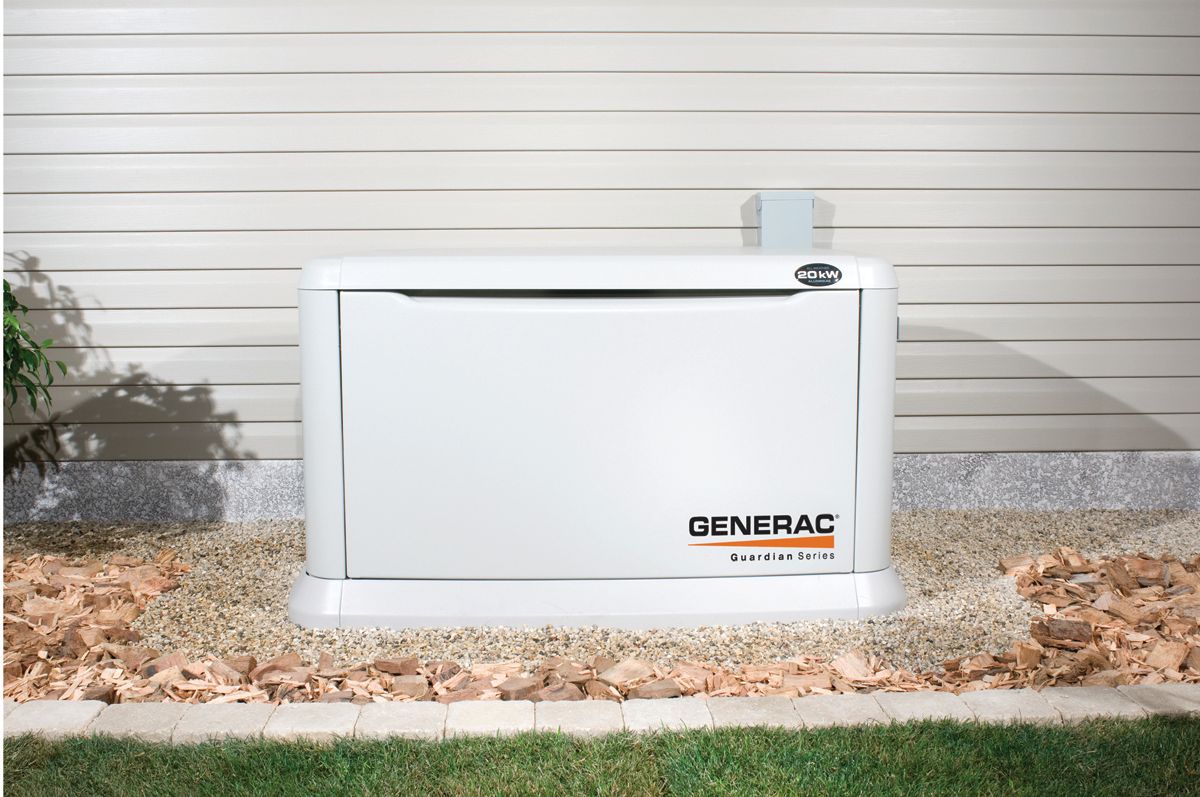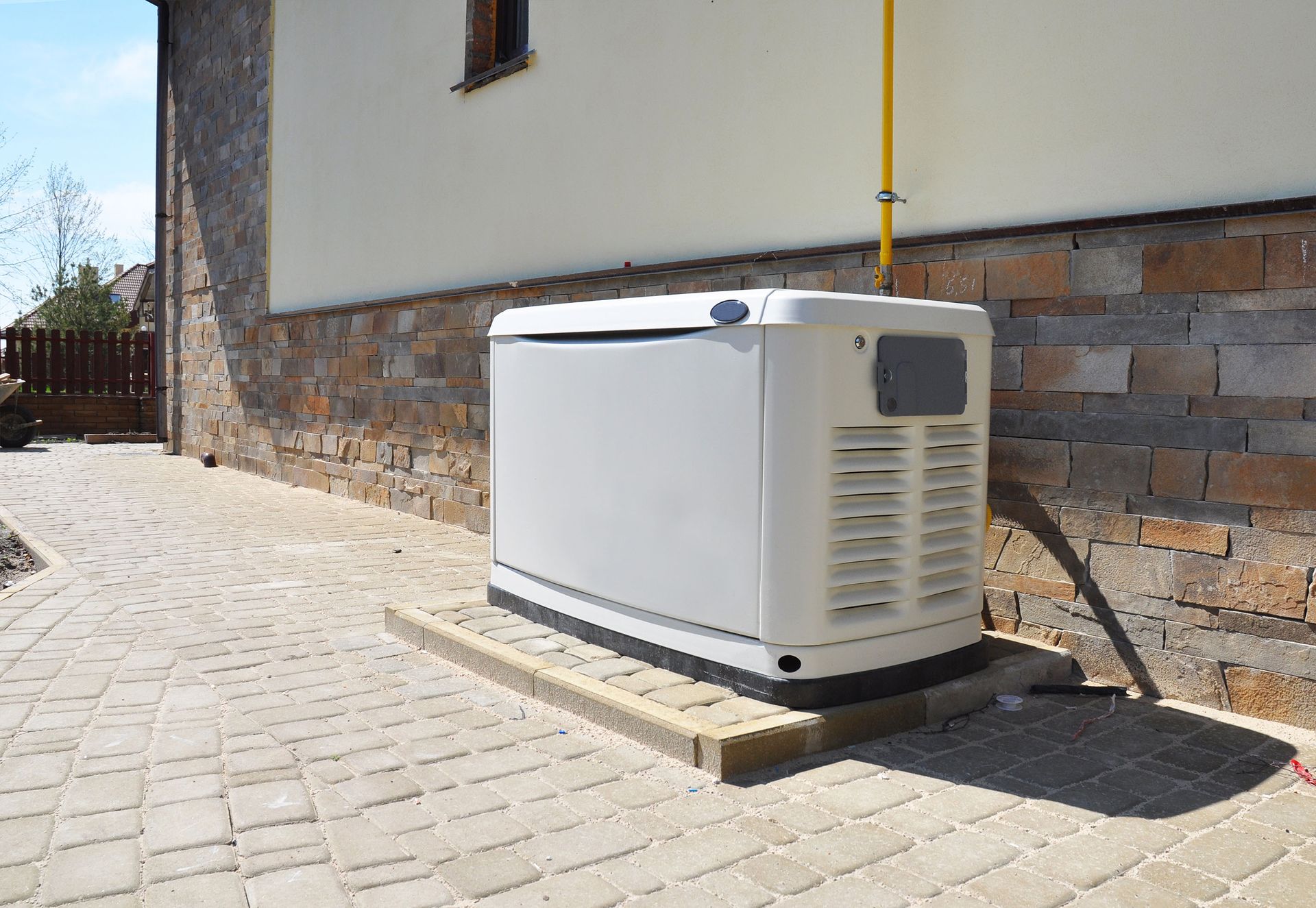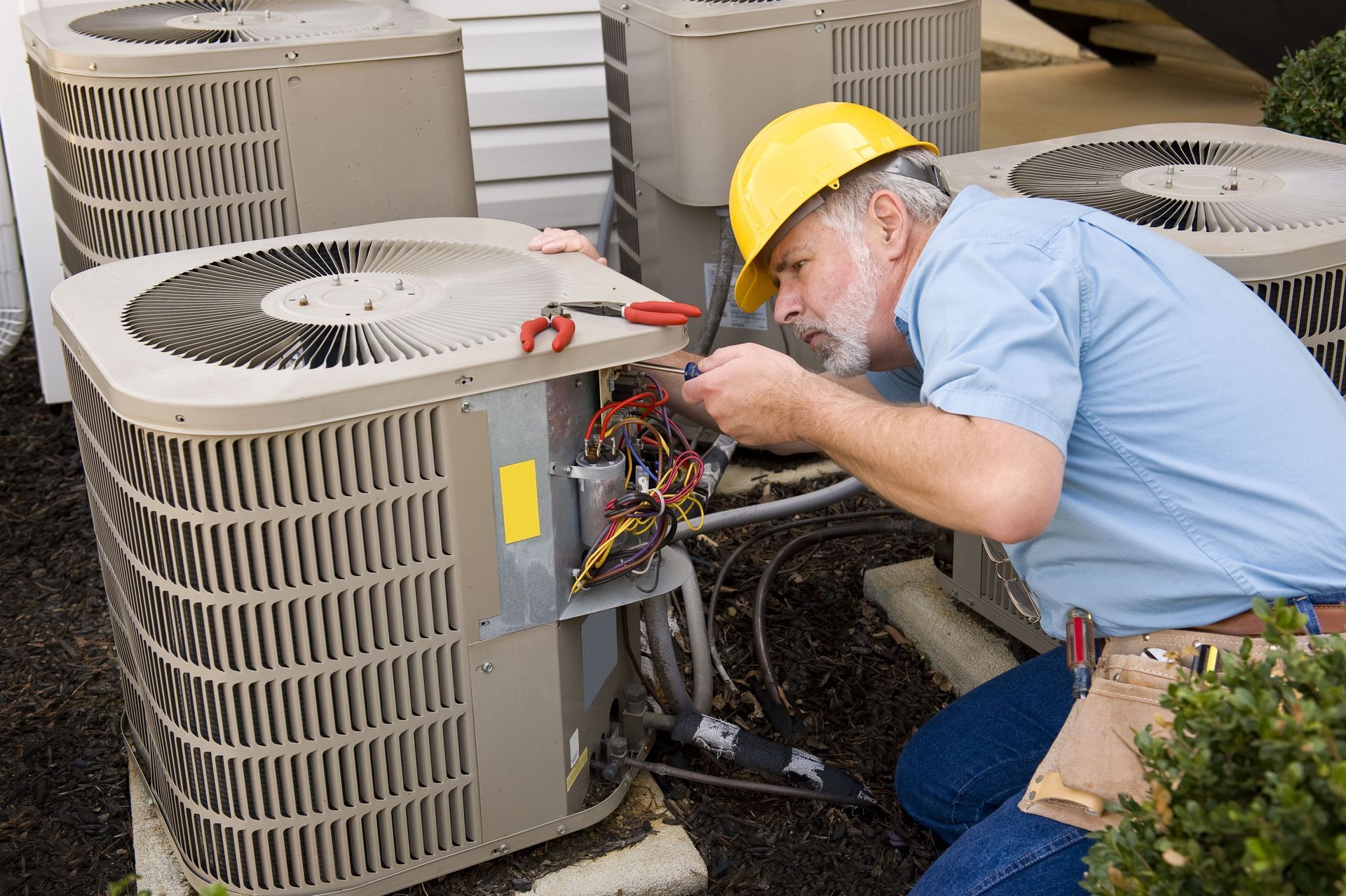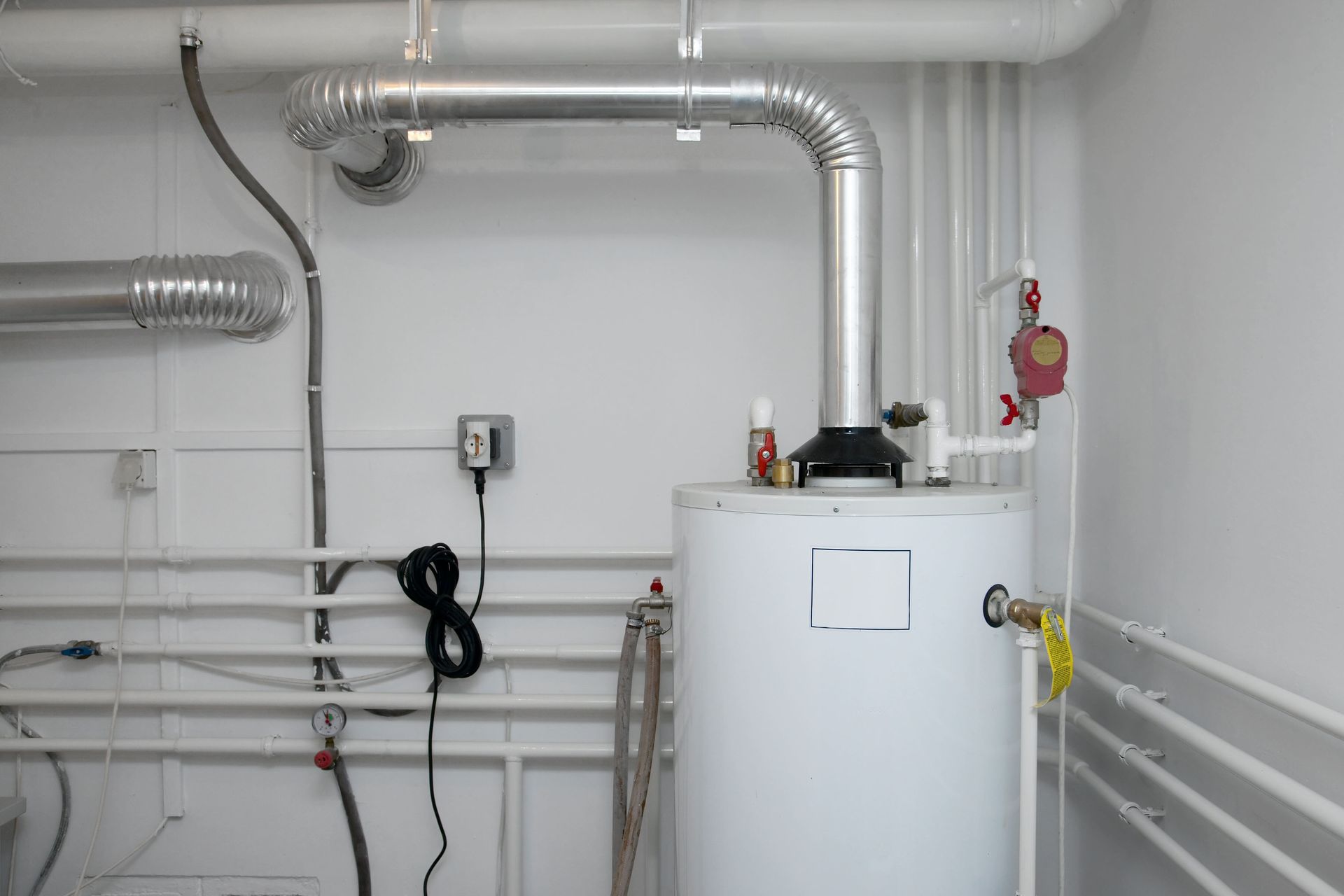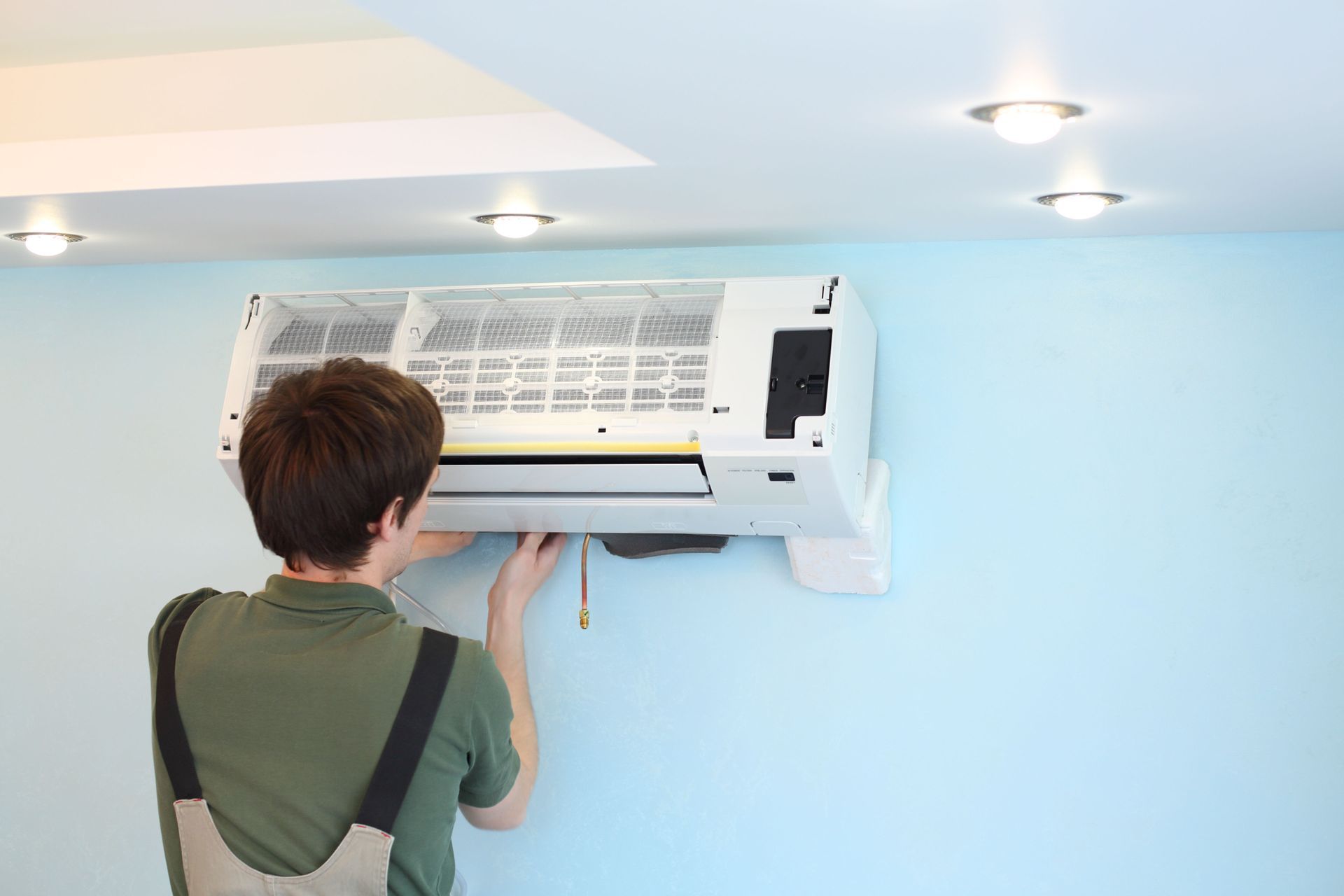The Importance and Usefulness of Residential Generators
This article will explore the importance and usefulness of residential generators, detailing their benefits, types, maintenance, safety, environmental impact, and financial considerations. Residential generators have become increasingly essential for providing reliable power during outages, ensuring home safety, and maintaining daily conveniences. As extreme weather events and aging infrastructure cause more frequent power disruptions, the reliability of residential generators becomes even more vital. We will delve into how these devices support modern lifestyles and the necessary steps to maintain and operate them efficiently. It's important to make informed decisions about residential generators to maximize their benefits and minimize potential drawbacks.
1. Benefits of Residential Generators
Residential generators provide a continuous power supply, ensuring that homes remain functional during power outages. Power outages can disrupt daily life, from performing routine household tasks to maintaining essential home security systems. Generators automatically activate when they detect a power failure, offering seamless transition and minimizing interruption. This is particularly crucial for households in areas prone to frequent power outages. The peace of mind from knowing that one’s home will always have power cannot be understated.
Another significant benefit of residential generators is enhanced home safety. During power outages, security systems, fire alarms, and carbon monoxide detectors might not function, leaving homes vulnerable. A generator ensures these critical safety systems remain operational at all times. This ongoing protection is particularly important for families with young children or elderly members. By maintaining power for safety systems, generators also help prevent accidents and facilitate a quicker emergency response if needed.
2. Types of Residential Generators
Portable generators are versatile and easy to transport, making them a popular choice for many homeowners. They are especially useful for temporary power needs, such as during short-term outages or outdoor activities. Portable generators are generally powered by gasoline and can be moved to wherever power is needed, making them highly convenient. However, they typically have lower power output compared to standby generators and may require manual setup and startup. Despite their limitations, portable generators offer a cost-effective solution for temporary power needs.
Standby generators offer a permanent, automatic backup power solution and are typically installed directly outside the home. They are connected to the home’s electrical system and powered by natural gas or propane, automatically activating during a power outage. Standby generators can provide substantial power and are capable of running critical systems and multiple appliances simultaneously. Their automatic operation removes the need for manual intervention, providing consistent and reliable power. Although they are more expensive upfront than portable generators, their reliability and capacity make them ideal for long-term use.
3. Proper Maintenance and Upkeep
Regular inspections are crucial for ensuring the optimal function and longevity of residential generators. These inspections help identify potential issues before they become serious problems, minimizing the risk of generator failure during critical times. Homeowners should schedule routine checks to examine the generator’s components such as the engine, wiring, and fuel systems. A professional inspection at least once a year is recommended for comprehensive maintenance. Keeping a record of these inspections can also aid in tracking the generator's health and ensuring it remains in top condition.
Oil and filter changes are essential for maintaining the engine of a residential generator. Over time, oil can break down and become contaminated, reducing its effectiveness in lubricating engine parts. Regular oil and filter changes ensure that the generator runs smoothly and efficiently by removing contaminants and maintaining proper lubrication. Typically, we recommend that oil should be changed every 100 hours of operation or once a year, whichever comes first. Adhering to the manufacturer’s recommendations for oil type and change intervals is critical for prolonging the generator’s lifespan.
4. Safety Considerations
Proper installation is fundamental to the safe and efficient operation of residential generators. Installation should be handled by licensed professionals to ensure compliance with local codes and manufacturer guidelines. Correct installation includes positioning the generator in a safe location, away from living spaces, and ensuring adequate ventilation. Improper installation can lead to dangerous scenarios such as carbon monoxide poisoning or electrical hazards. Investing in professional installation protects against these risks and ensures optimal generator performance.
Ventilation is critical when operating a generator, as improper ventilation can lead to deadly carbon monoxide buildup. Generators should be placed outside, away from doors, windows, and vents, to prevent exhaust from entering the home. Installing carbon monoxide detectors within the home adds an additional layer of safety, alerting occupants if dangerous levels are detected. Even with these precautions, homeowners should be vigilant about generator placement and exhaust management. Properly ventilated generators minimize health risks associated with carbon monoxide.
5. Environmental Impact
Emission regulations are increasingly influencing the design and operation of residential generators. Governments and environmental agencies are setting stricter emission standards to reduce air pollutants from generator operations. Homeowners must ensure that their generators comply with local and federal regulations to avoid penalties and environmental harm. Using cleaner-burning fuels, such as natural gas or propane, can help meet these standards. By staying informed about and adhering to emission regulations, homeowners can minimize the environmental impact of their generators.
6. Financial Considerations
The initial investment in a residential generator can vary widely depending on the type and capacity. Portable generators are generally the most affordable, with prices ranging from a few hundred to a few thousand dollars. Standby generators have a higher upfront cost due to their capacity and installation requirements, often costing several thousand dollars or more. Despite the higher initial expenditure, standalone generators offer long-term reliability and convenience. Homeowners should consider their specific power needs and potential outage frequency when evaluating the initial investment of a residential generator.
Operating costs for residential generators include fuel, maintenance, and potential repairs. Fuel costs vary depending on the type of generator and frequency of use; for instance, gasoline and diesel have recurring costs, while solar generators incur minimal ongoing expenses. Regular maintenance, such as oil changes and inspections, adds to the overall cost but ensures optimal performance and longevity. Repair costs may also arise, especially as the generator ages, necessitating a budget for unexpected expenses. Understanding these operating costs is crucial for financial planning and maximizing the generator’s return on investment.
Residential generators are valuable assets for homeowners, providing uninterrupted power during outages, enhancing safety and comfort, and supporting various home activities. Choosing the right type of generator, maintaining it properly, and understanding safety and financial aspects are crucial for maximizing its benefits. With the right considerations, a residential generator can offer peace of mind and reliable power for years to come. Despite their advantages, fewer than 6% of American homes have
generators, according to the New York Times, highlighting untapped potential for increased adoption. As technology advances and awareness grows, more homeowners may recognize the importance of having a dependable power backup system.
Don't wait until the next power outage to realize the importance of having a residential generator. At John H. Coleman Co, we are committed to helping homeowners find the perfect generator solution to meet their unique needs. With our expertise and range of reliable options, you can ensure that your home remains safe, comfortable, and fully powered during any emergency. Reach out to us today to explore your options and safeguard your home with a dependable backup power system!


